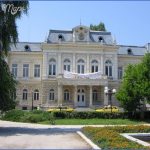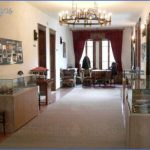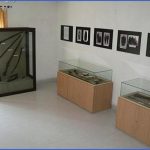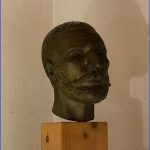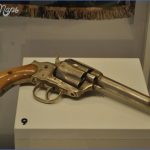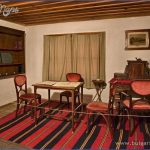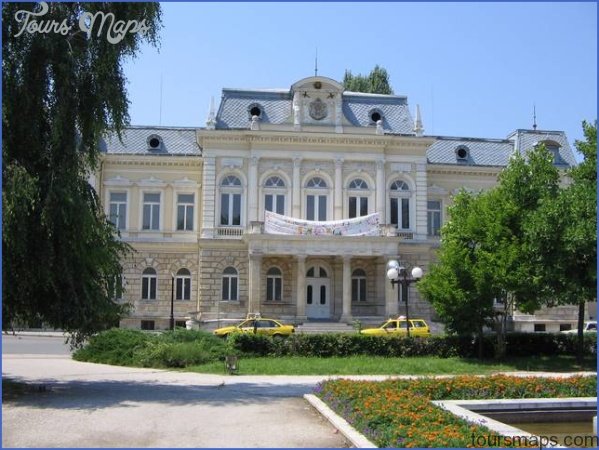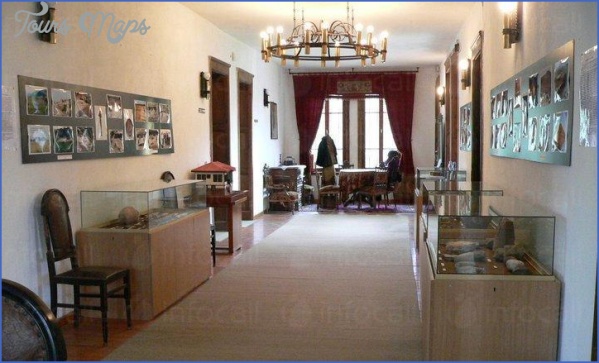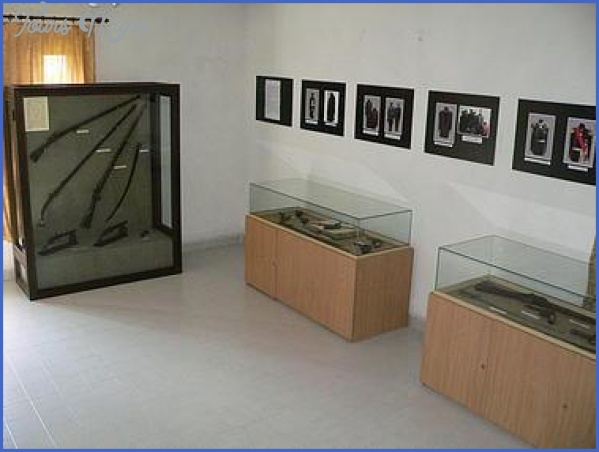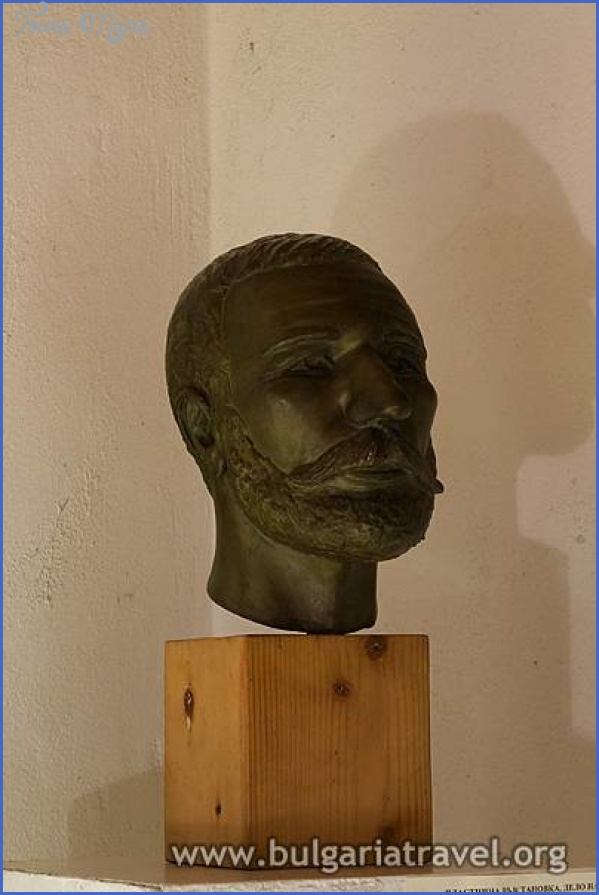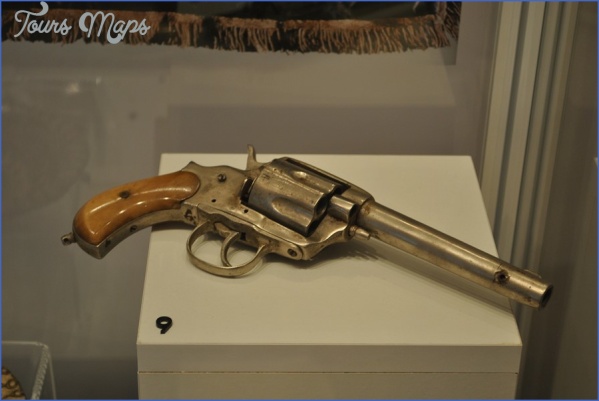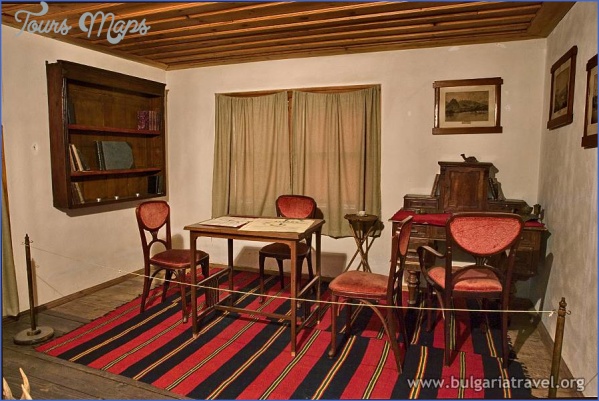OBRETENOV MUSEUM
As a well-known composer of Bulgarian choral songs and the founder and conductor of the first Bulgarian professional mixed a cappella choir, Svetoslav Obretenov (1909-55) occupies a special place in Bulgarian musical history. He was born in the sleepy little town of Provadiya, a short distance west of the Black Sea resort of Varna, and lived at what is now ulitsa Svetoslav Obretenov 8 until he was 17, when he left to study music first in Varna and then in Sofia. He remained in Sofia for the rest of his life. A house museum commemorating him in Provadiya was established in 1969, in the house where the Obretenov family lived from 1912 until 1927. For a time, when the house was in private ownership, the displays were moved across town to a municipal building also in use as a music and dance school; but now they are back in the same street. Although a memorial plaque to Obretenov with a bell (which signals the start of the annual S.V. Obretenov National Competition for singers and instrumentalists) has been installed in the forecourt, there is a lingering sense that a composer much vaunted in the post-war socialist era might now be in eclipse. Much of his music – for example, the incidental music for plays such as Kirshon’s The Wonderful Alloy and the oratorio entitled Guerrilla Fighters (1949) or a cantata for soloist, mixed choir and orchestra such as Struggle for Peace (1951) – seems uncertainly tuned with the cultural climate of present-day Bulgaria. Yet it is a museum’s role to preserve the past, and the series of 50 large photographs chronicling Obretenov’s life and work as a composer, pedagogue and choral conductor, and the ten cases containing copies of his music, concert programmes and awards (People’s Artist and Dimitrov Prize Laureate), do just that. The collection also includes his upright piano (a Ruprecht), oil portraits and caricatures and his library.
OBRETENOV MUSEUM Photo Gallery
Maybe You Like Them Too
- Top 10 Islands You Can Buy
- Top 10 Underrated Asian Cities 2023
- Top 10 Reasons Upsizing Will Be a Huge Travel Trend
- Top 10 Scuba Diving Destinations
- World’s 10 Best Places To Visit

